First Offering
Date: Saturday October 5, 2024
Time: 9:00 AM-5:30 PM
Location: ADERSIM Lab, N004, Schulich Building, York University
Registration Deadline: September 28
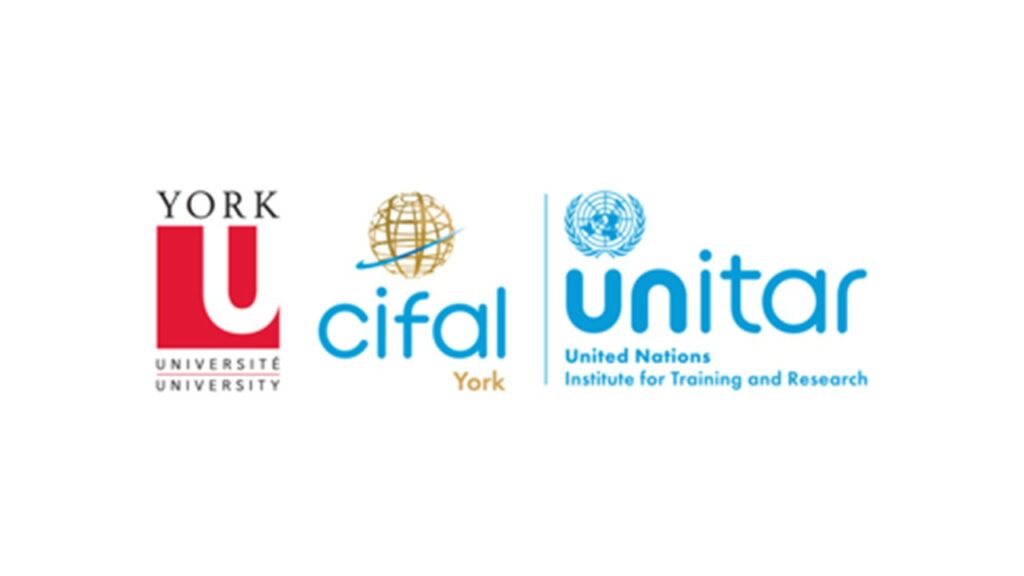

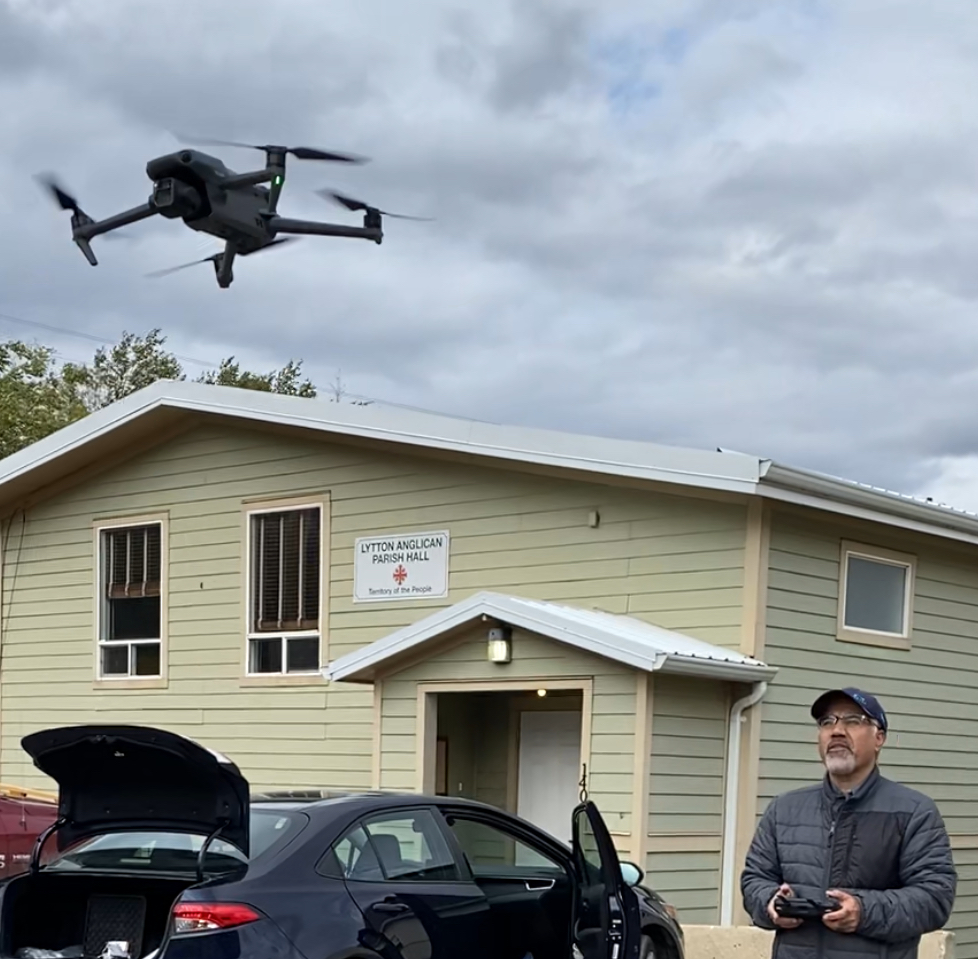
Course Description
Use of drone in industry, government, non-governmental operations, education, research and training is growing. Understanding and ability to operate drones for such purposes is becoming an important skill that everyone can have in its skillset. This one day condensed course is ideal for those who want to acquire essential knowledge of Remotely Piloted Aircraft Systems (RPAS) or drone and get their basic RPAS certificate from Transport Canada and start using drone. The course covers required knowledge that basic certificate holders must have.
A microcredit certificate will be issued to all participants from CIFAL York upon completion of the course.
Course Outline
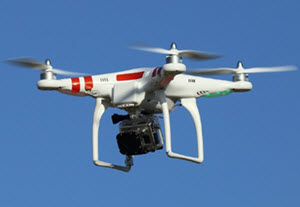
Learning Objectives
Section 1: Air Law, Air Traffic Rules and Procedures: Understand the Regulatory Framework
Section 2: RPAS Airframes, Power Plants, Propulsion and Systems: Identify RPAS Components
Section 3: Human Factors: Understand Human Performance Limitations
Section 4: Meteorology: Interpret Weather Information
Section 5: Navigation: Navigate Using Maps and Charts
Section 6: Flight Operations: Plan and Conduct Safe Flight Operations
Section 7: Theory of Flight: Understand Aerodynamics
Section 8: Radiotelephony: Effective Radio Communication
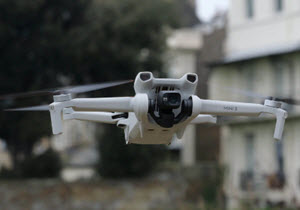
Course Approach
The is an in person condensed course. Each topic will be covered in about one hour using easy to understand materials including video clips, PowerPoint slides, live demos. After each topic there will be a short quiz that covers the key concepts and prepares participants for the basic certificate exam.
Participants who successfully finish the course will be provided with a 2 hours practice session with mini drones.
.

Target Participants
Anyone (undergraduate, graduate students, staff, etc.) with interest in learning about and using RPAS (drone) in any particular field or industry can enroll in this course.
.
Course Instructor
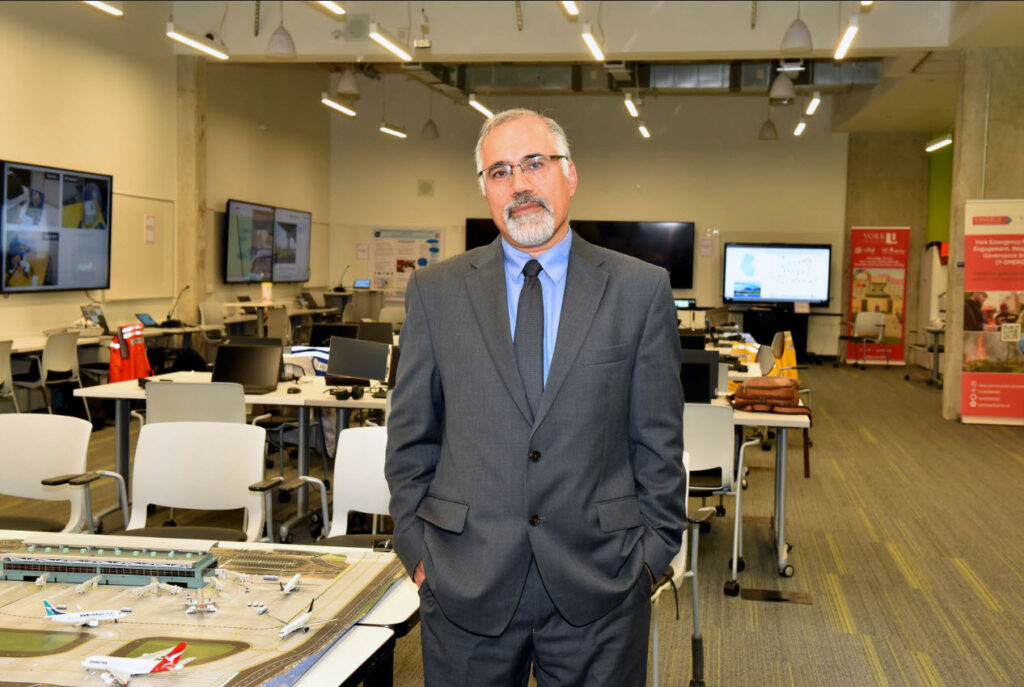
Dr. Ali Asgary
Professor Ali Asgary is an expert in disaster, emergency and business continuity management. He has been actively involved in research, teaching and professional activities in these fields since 1993. His research has been published in leading disaster and emergency management journals including Disasters, International Journal of Disaster Risk Reduction, International Journal of Disaster Science, Disaster Prevention and Management, Environmental Hazards, International Journal Of Emergency Management, International Journal of Business Continuity and Risk Management, Journal of Contingencies and Crisis Management, and International Journal of Emergency Services among others. He was among the funding faculty members who started the first university program in Disaster & Emergency Management in Canada at Brandon University in 2003 and later on among the funding faculty embers who started Disaster & Emergency Management at York University. Dr. Asgary served as the IAEM Canada president between 2007-2009 and as the board member of IAEM during the same period. He has led as a PI, Co-PI and collaborator in a large number of research projects funded by different agencies including NSERC, GEOIDE, SSHRC, PreCarn, CIHR, NFRF, ORF, Transport Canada, Public Safety Canada, Wellcome Trust, IDRC, and DRDC. Since 2015 Dr. Asgary has been the executive director of York University's Advanced Disaster, Emergency and Rapid-response Simulation (ADERSIM). His research and teaching interests include post disaster recovery and reconstruction, business continuity and risk assessment, disaster and emergency simulations and modeling, applications of AI, VR, AR and MR, Drone, and geomatics in disaster and emergency management, and cost-benefit analysis and decision making under uncertainty. He holds Pilot Certificates for Basic & Advanced Operations of Remotely Piloted Aircraft Systems (RPAS), VLOS from Transport Canada.
Course Syllabus
Order of topics subject to change
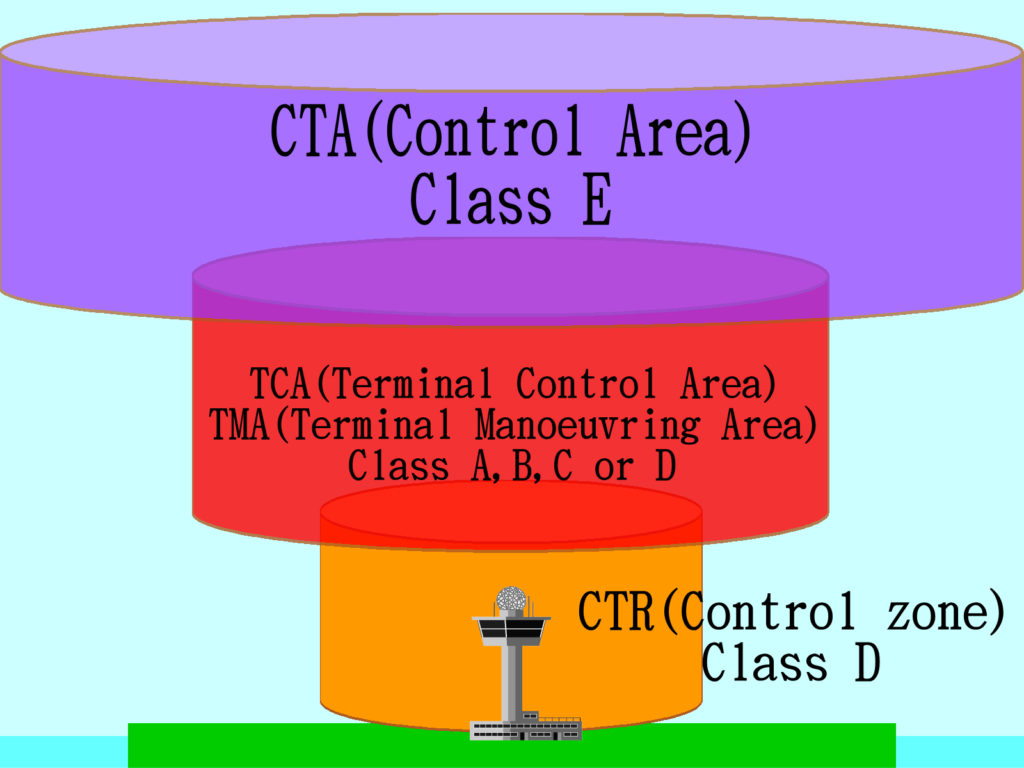
Air Law, Air Traffic Rules and Procedures
8:00-9:00
- Introduction to the Canadian Aviation Regulations (CARs): Overview of CARs relevant to RPAS operations; Legal responsibilities of an RPAS pilot.
- Air Traffic Rules: Flying in controlled vs. uncontrolled airspace; Understanding and interpreting NOTAMs
- Flight Procedures: Communicating with air traffic control (ATC); Emergency procedures and incident reporting.
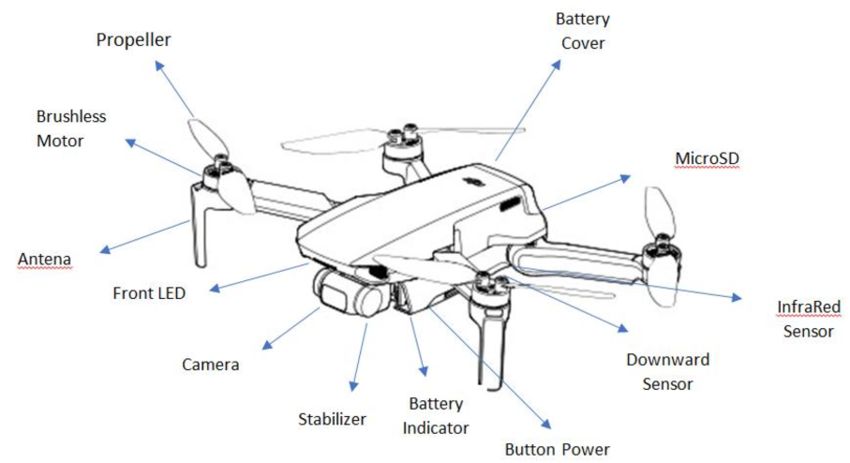
RPAS Airframes, Power Plants, Propulsion and Systems
9:00-10:00
- RPAS Components: Main components: airframe, power plant, propulsion systems; Control systems and sensors.
- Maintenance and Inspections: Routine maintenance procedures; Pre-flight and post-flight inspections for airworthiness.

Human Factors
10:30-11:30
- Human Performance Limitations: Factors affecting human performance: fatigue, stress, situational awareness; Strategies to mitigate human factors' impact on safety.
- Decision Making: Effective decision-making skills; Recognizing and managing human errors.
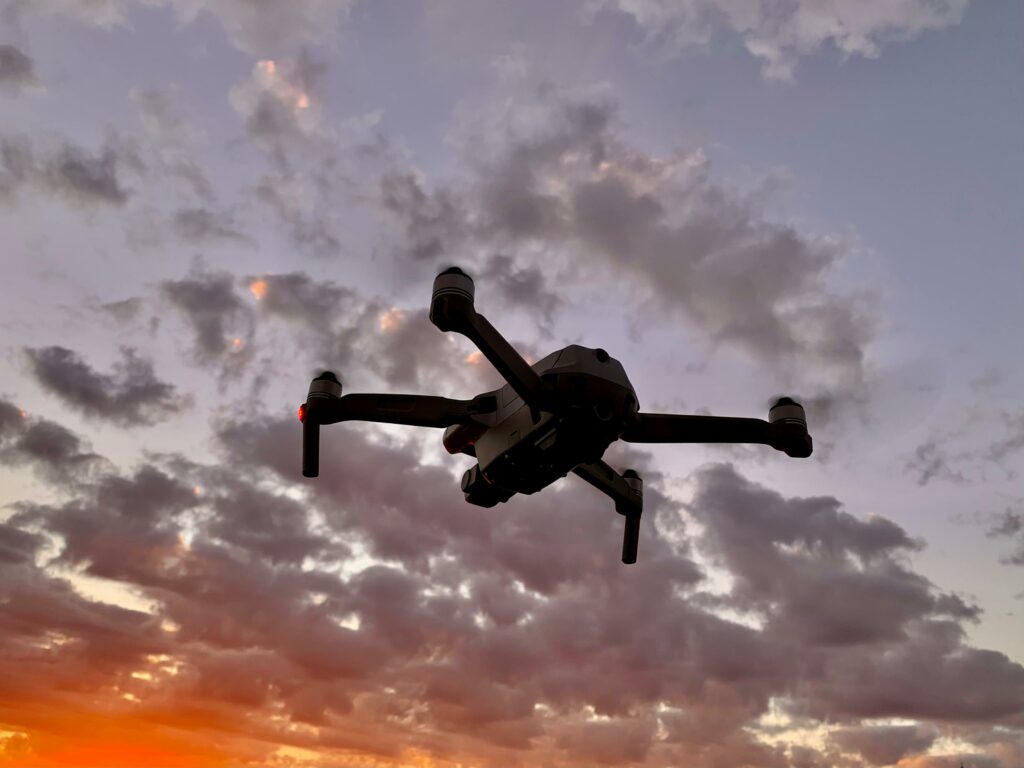
Meteorology
11:30-12:30
- Weather Information: Basic principles of meteorology for RPAS operations; Using weather
- Weather Impacts on Flight: Effects of wind, precipitation, and temperature on RPAS performance; Contingency planning for adverse weather.
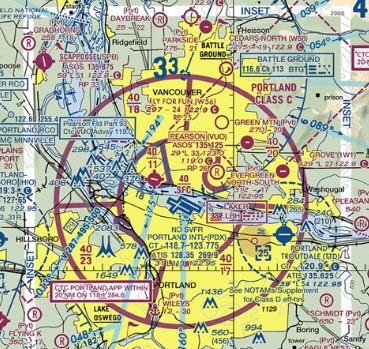
Navigation
1:30-:2:30
- Maps and Charts: Interpreting aviation maps and charts; Planning and executing flight routes using navigation tools.
- Navigation Systems: Operation of GPS and other navigation systems; Navigating accurately with onboard systems.
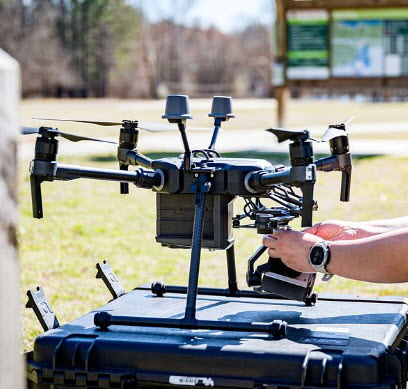
Flight Operations
2:30-3:30
- Safe Flight Planning: Developing compliant and safe flight plans; Conducting safe flight operations: takeoff, flight, and landing procedures.
- Emergency Management: Identifying common emergencies and malfunctions; Implementing emergency procedures and recovery actions.
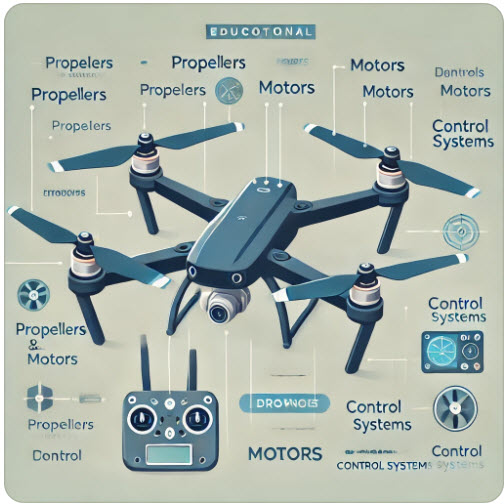
Theory of Flight
3:30-4:30
- Aerodynamics: Basic principles of aerodynamics for RPAS; Lift, drag, thrust, and weight effects on flight
- Flight Performance and Maneuvers: Performance characteristics in different conditions; Demonstrating basic flight maneuvers and control techniques.
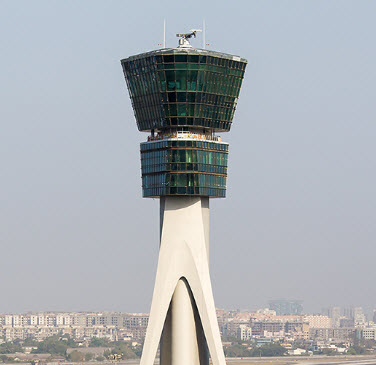
Radiotelephony
4:30-5:30
- Radio Communication Principles: Importance of radiotelephony in RPAS operations; Proper radio communication procedures and phraseology.
- ATC Communication: Establishing and maintaining communication with ATC; Handling communication during normal and emergency situations.
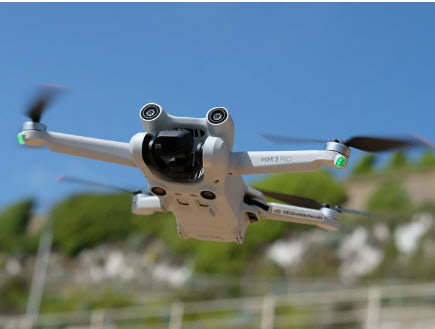
Practice Sessions
Every Other Sunday 12:00pm-4:00PM York University (Tentative)
Registration
Registration and Payment Deadline: September 28, 2024
Minimum enrollment to run the course: 20
Maximum enrollment: 40
Registration Fee (covering course materials and operations)
Full time students: CAN $30.00
Others: CAN$60.00
To register and pay the fee please visit the registration page here
Course Coordinator
Mr. Francesco del Carpio, CIFAL York
